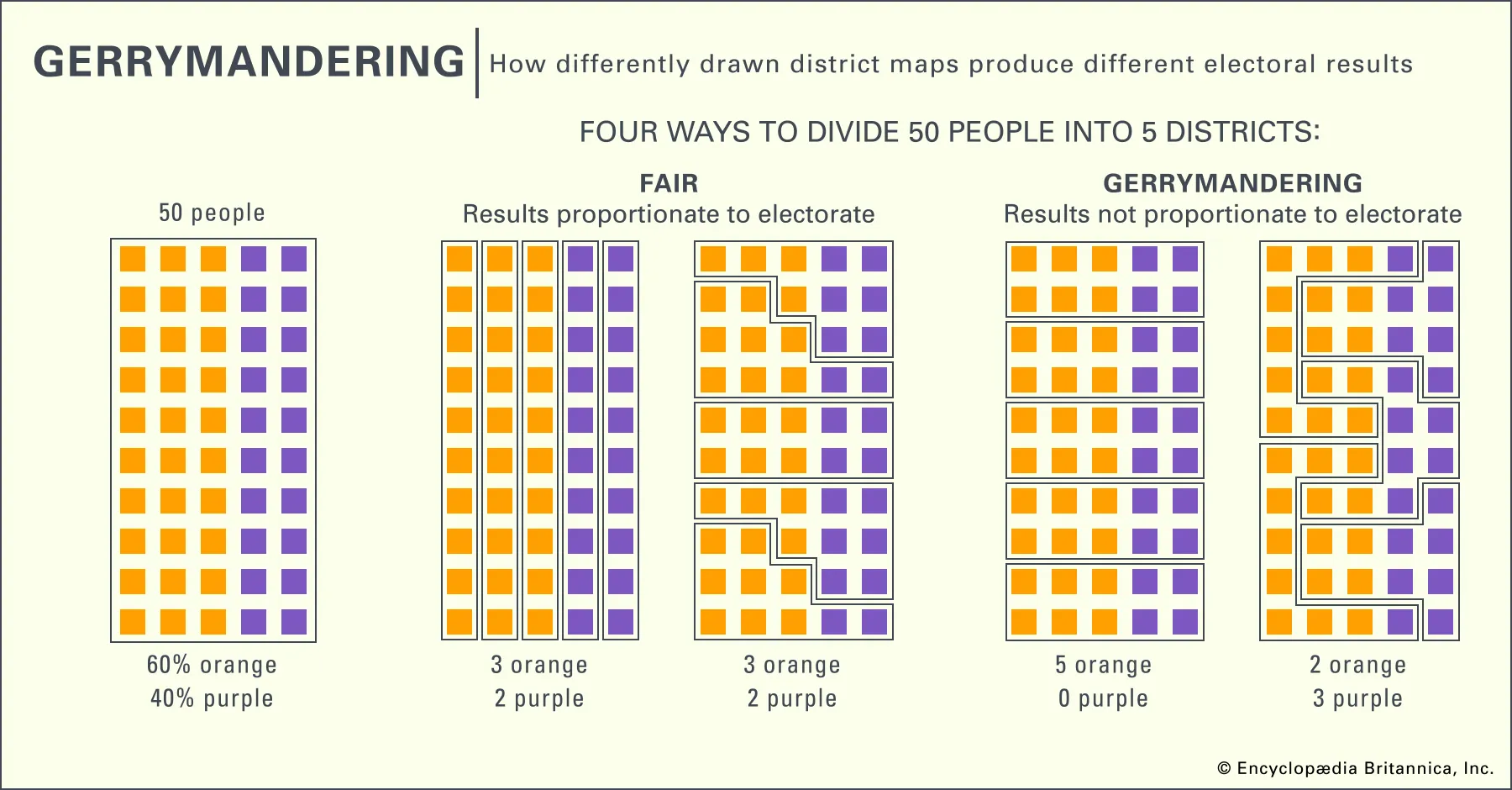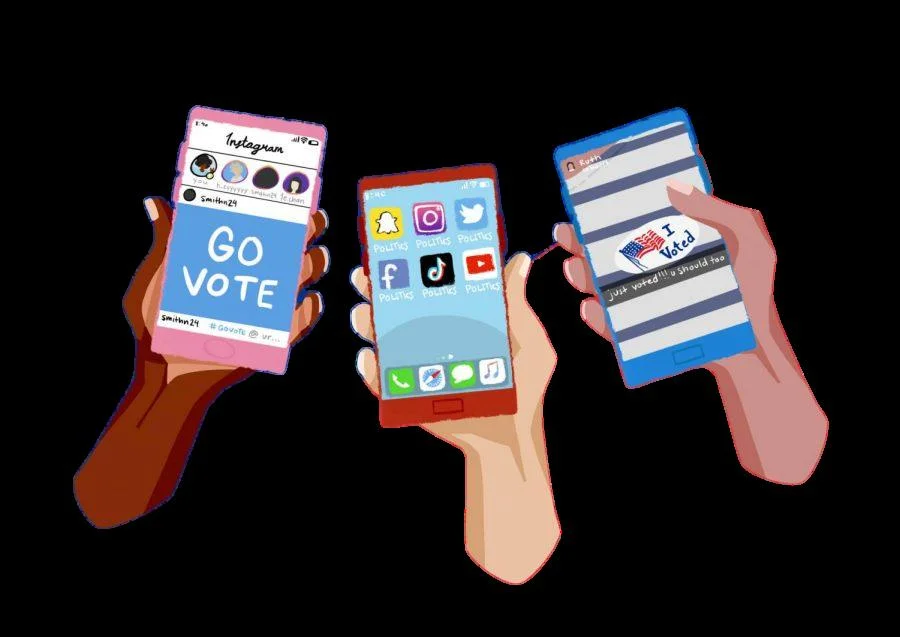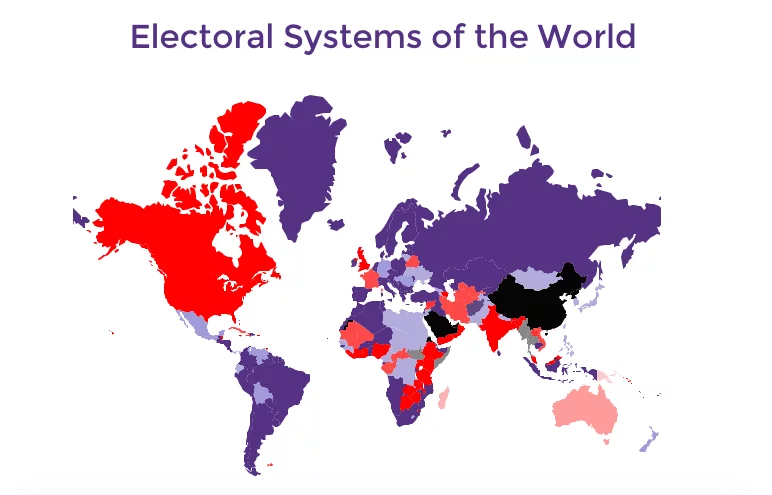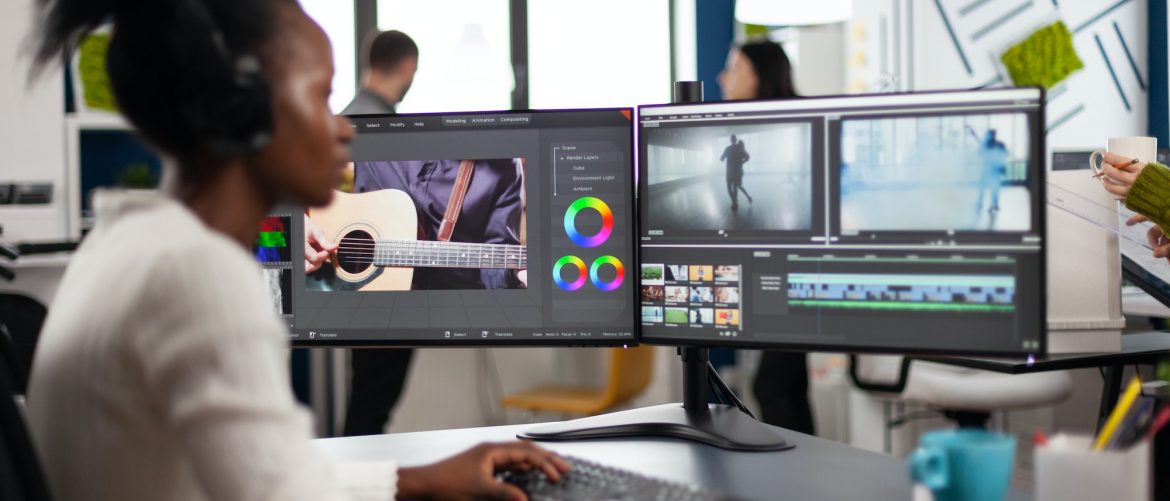The Media's Crucial Role in Politics: Shaping Public Opinion
In today's information-driven world, the media plays a pivotal role in shaping political landscapes and influencing public opinion. It serves as a powerful tool for disseminating information, holding those in power accountable, and mobilizing citizens. The relationship between the media and politics is dynamic and multifaceted, with profound implications for the functioning of
democratic societies. This article delves into the intricate web of the media's role in politics and its significant impact on public opinion.
Informing the Masses
One of the fundamental roles of the media in politics is to inform the masses. It serves as a conduit through which information flows from the government and political actors to the general public. Through newspapers, television, radio, and increasingly
digital platforms, the media reports on political events, policies, and decisions, enabling citizens to stay informed about what is happening in their country and around the world.
This informational function is crucial for the health of democracy. An informed electorate is better equipped to make educated decisions at the ballot box and hold their elected representatives accountable. It also fosters transparency within the government, discouraging corruption and abuse of power.
Agenda Setting
The media also plays a significant role in agenda setting, determining which issues and topics receive attention in the public discourse. Journalists and news outlets make choices about what stories to cover, how to frame them, and the prominence they give to each story. These decisions can have a profound impact on which issues the public is aware of and, consequently, what issues become a priority for policymakers.
Politicians are acutely aware of the media's agenda-setting power. They strive to capture media attention and frame issues in ways that align with their goals and policies. Consequently, the media can indirectly influence
political decision-making by prioritizing certain issues over others, shaping public perceptions of what is important.
Framing and Bias
Media outlets often employ framing, which involves presenting news stories in a particular light or context. Framing can influence public opinion by shaping how people perceive events and issues. It is essential to recognize that media framing is not necessarily driven by a nefarious agenda but can also result from editorial choices, resource constraints, or unintentional biases.
Bias in the media is a contentious issue, with accusations of both liberal and conservative bias against various outlets. While it is essential to hold the media accountable for impartial reporting, it is equally crucial for consumers of news to critically analyze information from multiple sources to develop a well-rounded understanding of any given issue.
Public Opinion and Media Influence
The media's influence on public opinion is profound. It can sway public sentiment on political matters, candidates, and policies. Research has shown that media coverage can influence how people perceive and evaluate
political leaders, as well as their stances on various issues.
Moreover, the media can shape public attitudes through the selection and presentation of information. For instance, framing a crime story in a way that emphasizes the perpetrator's ethnicity may lead to biased perceptions about crime and racial groups. Similarly, the media's portrayal of protests and social movements can influence public support or opposition.
Media's Role in Political Socialization
Media is not just a passive conveyor of information; it also plays a role in political socialization, the process by which individuals acquire their political beliefs and values. Children and adults alike learn about the political world through media consumption, which can shape their ideologies, party affiliations, and worldviews.
This aspect of media influence highlights the responsibility of media organizations to provide balanced and diverse perspectives. A media landscape that lacks diversity can lead to political polarization and reinforce existing beliefs rather than promoting critical thinking and informed citizenship.
The Digital Age and Social Media
In the digital age, the impact of the media on politics has evolved with the rise of social media platforms. Social media has transformed the way information is disseminated and consumed. It has given individuals a platform to express their political opinions and has created new avenues for
political engagement and activism.
However, social media has also raised concerns about the spread of misinformation, filter bubbles, and echo chambers. Algorithms on platforms like Facebook and Twitter can reinforce existing beliefs by showing users content that aligns with their views, making it challenging for individuals to access diverse perspectives.
The Evolving Media Landscape
The media landscape is continually evolving, driven by technological advancements and changing consumer habits. Traditional forms of media, such as print newspapers and cable television, are facing new challenges as digital platforms and streaming services gain prominence. This transformation has significant implications for the media's role in politics and its impact on public opinion.
Digitalization:
The digital age has democratized access to information and allowed for the proliferation of online news sources. While this has expanded the diversity of voices in the media landscape, it has also created challenges related to the credibility of sources and the spread of misinformation. Social media platforms have become major players in disseminating news, but they are often criticized for their role in the spread of fake news and polarizing content.
Echo Chambers and Filter Bubbles:
One of the concerning aspects of the digital media landscape is the creation of echo chambers and filter bubbles. Social media algorithms and personalized news feeds tend to show users content that reinforces their existing beliefs. This can lead to a fragmented and polarized public discourse, as individuals are exposed to a limited range of perspectives and are less likely to engage with opposing viewpoints.
Fake News and Misinformation:
The spread of fake news and misinformation through digital channels has become a significant issue in modern politics. False or misleading information can quickly go viral, influencing public opinion and even affecting election outcomes. The media plays a crucial role in fact-checking and debunking false claims, but it can be challenging to combat the rapid spread of misinformation in the digital era.
Citizen Journalism:
The rise of citizen journalism, facilitated by smartphones and social media, has allowed ordinary individuals to become content creators and reporters. While this can lead to the rapid dissemination of information and increased transparency, it also raises questions about the accuracy and reliability of user-generated content.
Crisis of Trust:
Trust in the media has eroded in recent years. Political polarization and accusations of bias have contributed to a climate of skepticism about the credibility of news sources. Rebuilding trust in the media is essential for its continued effectiveness in informing the public and shaping public opinion.
Globalization:
The media's role in politics is not limited to national borders. Global news outlets and digital platforms allow for the rapid spread of information and the internationalization of
political discussions. Events and decisions in one country can have far-reaching implications and trigger global conversations.
The media's role in politics and its impact on public opinion are more complex and multifaceted than ever before. In the digital age, the media's influence is amplified, but so are the challenges it faces. While the media continues to inform the public and shape political discourse, it must grapple with issues of bias, misinformation, and trust.
As citizens, it is essential to approach media consumption with a critical mindset. Engaging with a variety of sources, fact-checking information, and seeking out diverse perspectives can help individuals navigate the complex media landscape and make informed decisions. Additionally, supporting high-quality journalism and media literacy initiatives is crucial for fostering a well-informed and engaged citizenry.
Ultimately, the relationship between the media and politics will continue to evolve as technology advances and societal values shift. However, the media's role as a cornerstone of democracy remains constant, emphasizing the need for responsible and ethical journalism in an ever-changing media landscape.

















